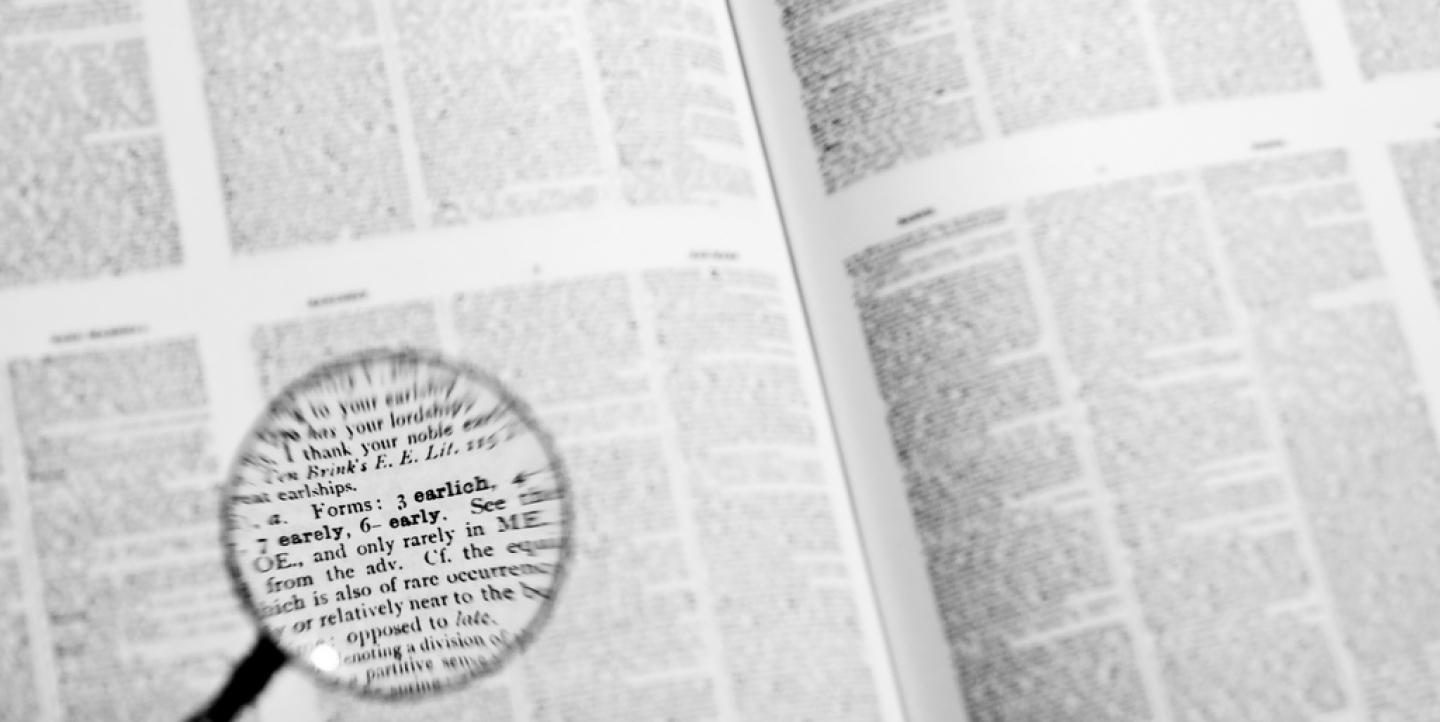Updated 11:25 a.m. Eastern.
Investigative reporter Khadija Ismayilova thought she had hit a dead end in her three-year investigation of the ownership structure of Azerbaijan’s fast-rising telecom company, Azerfon.
The Azeri reporter had managed to learn that the company was owned by a few private companies based in Panama, but she wasn't sure how to dig deeper.
But on the Investigative Dashboard—a free platform which assists journalists in investigating organized crime and corruption—Ismayilova learned of a web scraping application Scottish programmer and activist Dan O’Huiginn had developed to track companies in Panama. With the tool, she broke the story that linked Azerfon's main shareholders to the daughters of Azerbaijan’s President, Ilham Aliyev.
O’Huiginn’s scraped database has allowed investigative reporters in many countries “to fish for information,” wrote Paul Radu, executive director of the Organized Crime and Corruption Reporting Project in the Reporter’s Guide to the Millennium Development Goals: Covering Development Commitments for 2015 and Beyond, published by the International Press Institute and excerpted on the website of the Global Investigative Journalism Network (GIJN).
For those investigating organized crime and corruption, Radu shares three main principles that can lead to the same thorough journalism that Ismayilova conducted. And these tips, he writes, are useful even in the most austere environments:
1. Think outside your country
“Crime is global,” Radu writes. It can sometimes be easier to get information from abroad than from within the country where you live. To gather information from abroad, you might use foreign information databases or other countries’ access to information laws. Databases that assist the investigative journalist in tracking money worldwide can be found online on sites including the Investigative Dashboard, OpenCorporates and CKAN.
2. Make use of existing journalism networks
Investigative journalists across the world are part of organizations like the Organized Crime and Corruption Reporting Project, Forum for African Investigative Reporters, Arab Reporters for Investigative Journalism, Global Investigative Journalism Network and more. Many of the reporters in these networks cover similar issues and confront the same challenges, and thus are happy to exchange information and methods. You can also gather ideas for investigative stories from these forums and email lists.
“When working in a network, the journalist is not alone,” Radu writes. “The investigative reporter works with colleagues in other countries, so it is harder for criminals to pinpoint who exposed their wrongdoings. As a result, retaliation from governments and corrupt officials is much harder to achieve.”
3. Make use of technology
Software can help investigative journalists work with large volumes of data and information to find what is needed to break a story. Besides being able to use ready-made software for analyzing, gathering, or interpreting information, investigative journalists can call upon a growing number of programmers who know how to get and handle information. These programmers, some of them members of global open-data movements, can become invaluable allies in the fight against crime and corruption.
For instance, Scraperwiki is a site where investigative journalists can ask programmers for help with extracting data from online websites and databases.
Radu concludes: “Efficient investigative reporting is, in the end, the result of cooperation between investigative journalists, programmers, and other social categories that are willing to crowd source information and to contribute in building a cleaner global society.”
This post was adapted from Global Investigative Journalism Network (GIJN).
Image courtesy of Flickr user Paul Vladuchick under a Creative Commons license.

